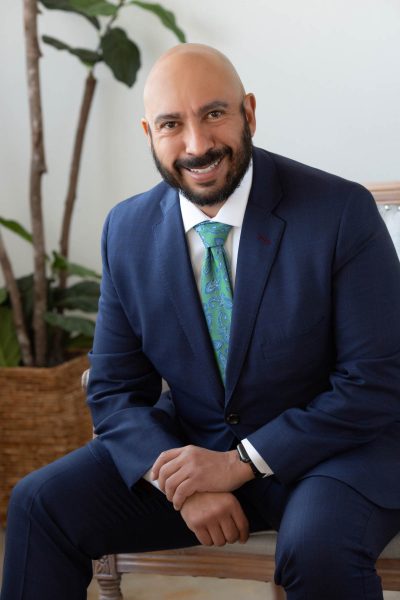Results For Articles or Consultants
Agent - Agency
Your responsibility to not breach your fiduciary duties to the principal (insurer) are a large part of your professional /ethical responsibilities and the reason for your E&O coverage as an insurance agent… and here you thought the Insurers demanded that you to carried E&O was only for the policyholde’s protection.
•Wrongful Designation by Thomas M. Braniff, JD, CPCU and Robert P. Gaddis, JD;
•The Essential Bookshelf for Expert Witnesses by Kevin Quinley, CPCU, ARM, AIC;
•The 411 on Becoming an Expert Witnesses by Elise M. Farnham, CPCU, ARM, AIM, CPIW;
•Working as an Expert Witnesses by Douglas R. Emerick; and
•“Be Careful What You DON’T Ask For” By Bill Wilson, CPCU, ARM, AIM, AAM.
Preparing business interruption claims takes thoughtful planning and insightful
analysis, clearly communicated to all of the parties involved in the claims process. One
of the most important factors is the breadth and depth of analyzing relevant financial
information related to interrupted business operations. Although this may seem like an
intuitive step, there is often a gap between the internally prepared financial information
and the analysis to determine lost profits. Application of due diligence results in a
smooth claim process, quicker payment from the insurer and a fair and equitable
recovery.
“To the uninformed, “a claim is a claim is a claim.” To some extent this is true. Any type of liability claim requires proof that the insured owed a duty to another person or entity, that the insured breached this duty, and that the breach was the proximate cause of quantitatively measurable damages suffered by the person or entity to whom the duty was owed. Thereafter, it becomes a matter of determining whether or not there are any defenses such as comparative or contributory negligence on the part of the claimant. Finally, there is the question of coverage—the issue of whether or not the policy will respond to the claim. ….
There are significant differences between managing professional liability claims, compared to those arising out of more standardized coverages. …”
“Diminishing limits policies create a host of potential problems for insurance company claim departments. As is well known the insurance industry has long been plagued with “nuisance” claims. While in some instances insurance companies make quick settlements of nuisance claims to avoid defense cost expenditures, in others, insurers will attempt to resist such claims to avoid setting a precedent, thereby sending a message to the plaintiff’s bar that nuisance claims will not be honored. Considering that defense costs are deducted from the policy’s aggregate limits, either course of action places an insurance company in a difficult position. … “


